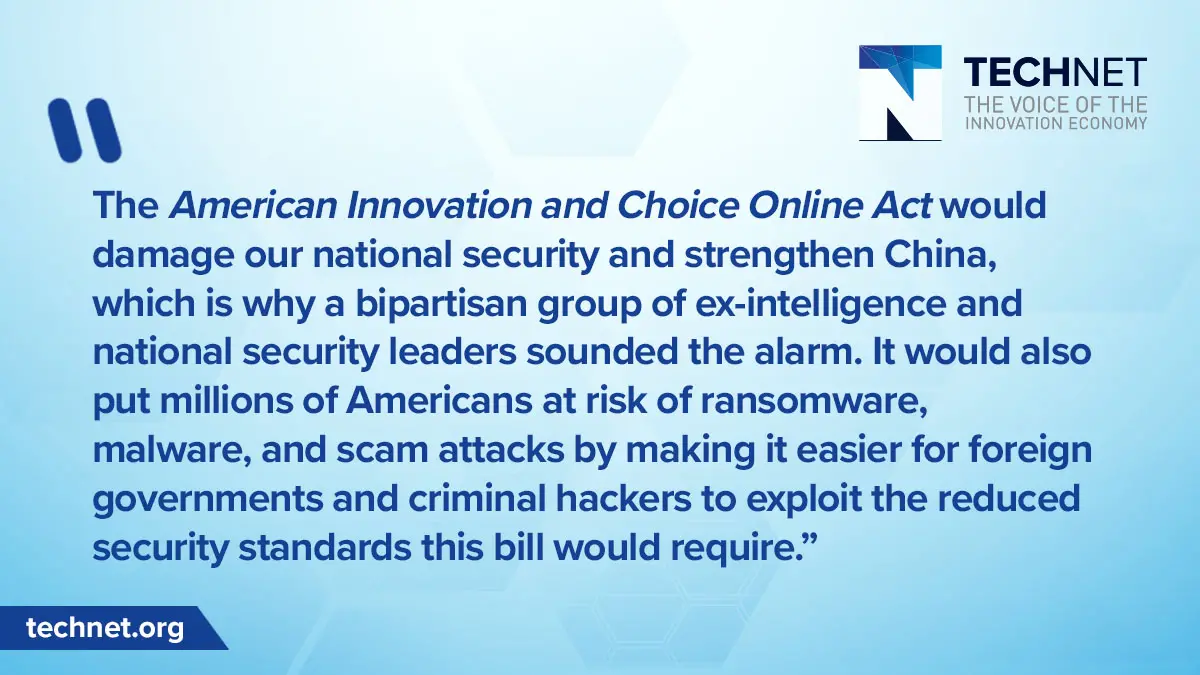In the past two years, there has been a wave of "antitrust" in the technology industry. Whether Apple IOS ecosystem should support sideloading (installing software through third-party channels) has become one of the focuses of debate. Senator Amy Klobuchar introduced the revised version of the American choice and innovation act last night, the U.S. government continues to strive to enact legislation against major technology companies and requires iPhone support for sideloading**

In this regard, apple provided a statement to macrumors:
We created iPhone And app store is to become a place where users can safely and safely download their favorite applications, and provide excellent business opportunities for developers around the world. The result is an unprecedented engine of economic growth, which promotes competition and innovation and enables any creative developer to reach Apple customers around the world.
We are still worried that this legislation may break this model and undermine the privacy and security protection that our users rely on. Governments and international agencies around the world have explicitly advised against the use of sideloading, which will empower bad actors who want to target users (including children) with malware and fraud, and make it easier for companies that sell data to track them without users' consent. In the final analysis, the changes made to the bill are an understanding of the unexpected privacy and security vulnerabilities caused to users by the originally drafted legislation. We believe that the proposed remedies are far from meeting the protection needs of consumers, and urge legislators to make further changes to avoid these unintended consequences.
Foreign media politico reported this morning that some Senate Democrats are opposing the bill, but the goal of Democratic leaders is to vote before this summer. According to reports, Democratic senators expressed "deep reservations" about the current form of bill voting, because it may cause too much controversy for an election year.
The revised bill aims to address some of the concerns raised by senators about the comprehensive changes in the technology industry that the legislation will introduce, but Apple insists that these changes are far from enough. The company said that these adjustments proved that the original legislation would bring "unexpected privacy and security vulnerabilities" to users, and lawmakers need to make further changes to protect users' privacy.
According to the wording of the bill, app will be able to be installed on iPhone without app store, which will make IOS more similar to Android platform. Companies like Facebook may break through the privacy protection on the iPhone through sideloading, and are not bound by Apple's ban on tracking. The bill targets U.S. technology companies including apple, Amazon, Facebook and Google, but it has no restrictions on non-U.S. companies such as Samsung, oppo, vivo and other smartphone manufacturers competing with apple, which may also cause problems in the future.
Apple has previously said that enabling sideloading will lead to a large number of new attacks against iPhone users, who are eager to access sensitive data stored on consumer devices. Fraudsters will be able to "completely avoid Apple's privacy and security protection", which allows "a surge in malware, fraud and data utilization".
Apple CEO Cook said in November that consumers who want to sideload apps should use Android phones instead of iPhones. "If this is important to you, you should buy an Android phone," he said in an interview. "From our point of view, (side load) it's like I'm a car manufacturer asking to tell customers that airbags and seat belts are not needed in the car."